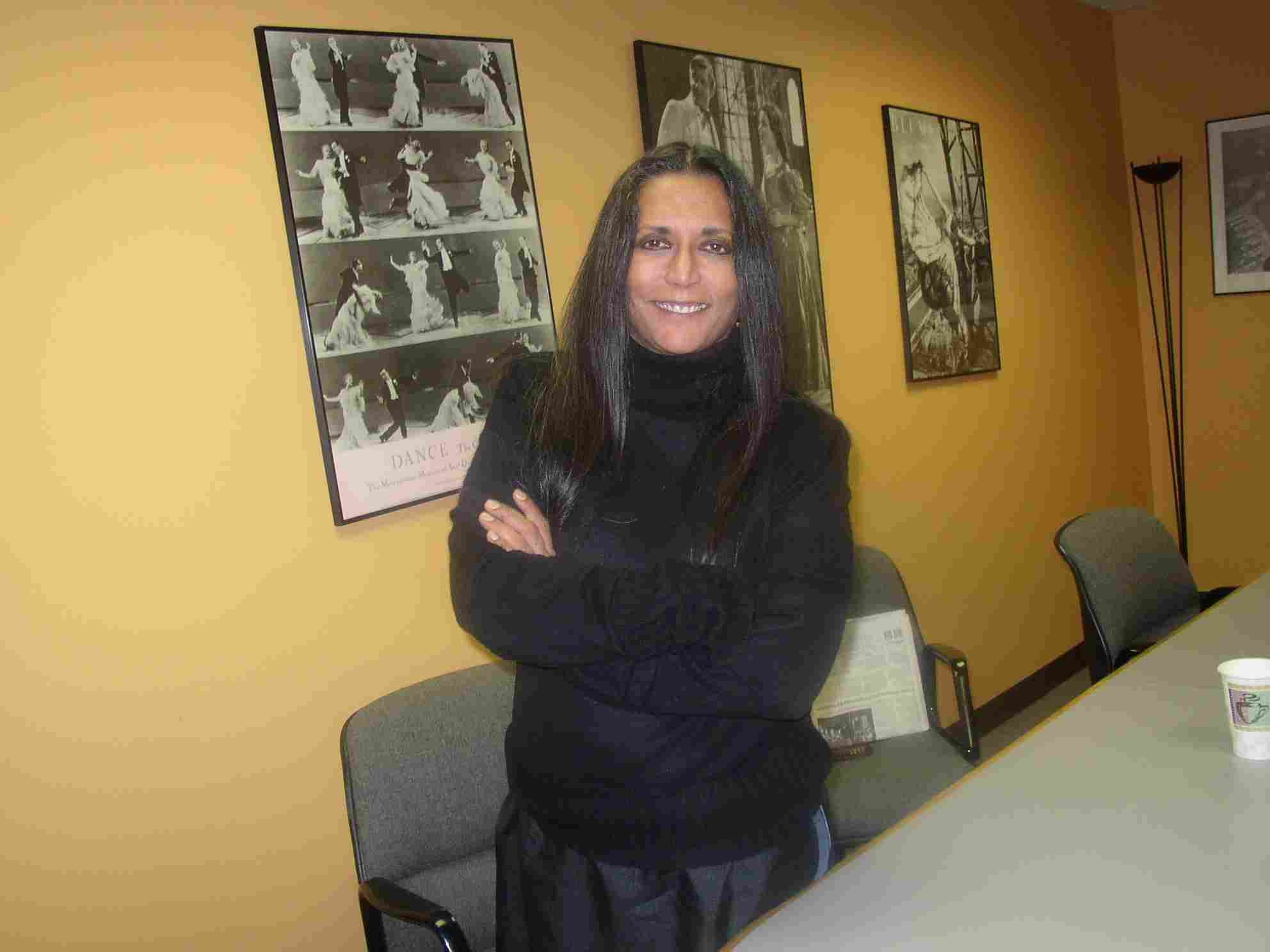Contribute
| In Conversation With Deepa Mehta |
Nirmala Garimella
04/16/2006
Deepa Mehta, Canadian based filmmaker best known for her Elemental Trilogy was in Boston recently to promote the latest in her Trilogy ‘Waterâ€. A filmmaker who displays tremendous courage in tackling the most uncomfortable topics in the face of opposition from some sections of people, she remains undeterred in her stand on various social issues. In her latest trilogy 'Water', Deepa Mehta emphasizes that the social injustice that the film portrays should be a conscience to all of us and that although the film is about the widows in India, it is also a film that questions the universal blind faith and belief in any culture or religion.
While her previous attempts to make’ Water†brought some unpleasant happenings in Vrindavan, she wants to put all that behind her. “This is not a remake of the film but an entirely new film†she asserts. “Much has changed from then and now in the making of the film. As a filmmaker, I make the choice of how the film should be and ‘Water’ turned out to be just that†Although shot in SriLanka, she spent 4 months in Vrindavan in conversations with the local community and some of the widows and even met a widow who just as Chuhiya in the film becomes a child widow at the age of eight. Have there been many changes since thenâ€? I asked Deepa ‘Yes, at least there are some very good organizations and activists fighting for the cause of these women. And there are no child widows now†she says. She draws my attention to a scene from the film when Narayan ( (John Abraham)exhorts Kalyani ( Lisa Ray) to question and drop the distortion in tradition and she answers, “ Yes, but it also essential to hold on to what is good†Says Mehta, “ It is very important to question the distortion in any faith or culture. Times are changing and it our responsibility to shed these distortions and blind faith that are contrary to human dignity and respect for every body. The Manusmriti was derogatory to women and its contents must therefore be examined and questioned.That is our responsibility toward our fellow humansâ€.
A great admirer of Gandhi, Deepa Mehta feels he was a man who took a path of non violence when the only way people resolved their differences was through war. As to where ideas for films crop up she says her curiosity “about social economic issues drives her to explore themâ€. She reads and researches thoroughly and a film project takes typically 18 months from start to finish.
In the film, the actors seem to fit in their respective roles amazingly whether it is the fragility of Lisa Ray, the steadiness of Seema Biswas and the idealism of John Abraham. “The actors were so good. They played their part because they took their role seriously. I loved working with each one of themâ€, says Mehta
In her next venture, Mehta deals with “Canada’s White policy in the early 1900’s and the episode called the Kamagachi Maru starring Amithabh Bachchan and John Abraham.
‘Water' stars Lisa Ray, Seema Biswas, John Abraham and Sarala in pivotal roles. The songs in the film were composed by A.R. Rahman. The film debuted on September 8, 2005 at the Toronto International Film Festival and is distributed by Fox Searchlight Pictures in the United States. Deepa Mehta's previous films include Earth and Fire. Set in Colonial India during Mahatma Gandhi's rise to power, Water begins when 8-year-old Chuyia is widowed and sent to a home where Hindu widows must live in penitence. Chuyia's feisty presence deeply affects the lives of the other residents, including a young widow, who falls for a Gandhian idealist.
You may also access this article through our web-site http://www.lokvani.com/

